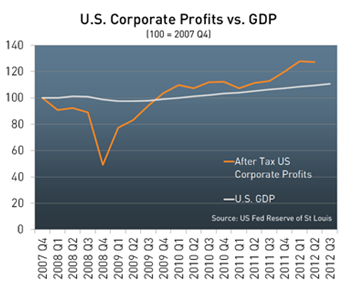Most
dental practices are small businesses where the difference between adding a
great associate and a bad one can mean a huge swing in revenue. This is why
interviewing is so important to the process. Not only is this your time to
impress the potential associate with the quality of your opportunity, but this
is when you are most likely to uncover red flags and issues that will affect
the success of the hire.
This
blog is broken into two parts. In our previous blog, we covered what you can
and cannot lawfully ask a job candidate (link-
http://dentalrecruiterblog.blogspot.com/2012/07/the-associate-dentist-job-interview.html).
In this section you will find a list of sample questions that you may wish to
consider asking as you interview a potential associate. You will likely have
other questions that are more particular to your own office but our hope is
that this will serve as a good starting point.
Work History
•
Where have you worked?
•
How long have you been in each position?
•
Why did you switch jobs?
•
Describe the general environments in which you have worked
•
In which insurances did you participate?
Goals/Motivations
•
What motivates you?
•
What attracted you to my position?
•
Why are you looking for another position?
•
In what way do you hope to develop over the next 1-3 years? 5-10?
•
Are you interested in eventual partnership or ownership? How soon?
•
What are your income expectations?
•
What do you like the most about the position with my practice? Least?
Clinical Philosophy
•
How would you describe your practice philosophy?
•
In what areas do you have interest in further training?
•
Are you comfortable working with amalgams?
•
Do you have an opinion on [amalgams, sedation, implant dentistry, influence of
insurance companies on dentistry, benefits of group practices, future of
clinical care, etc.]
•
How do you present treatment plans? What is your success rate?
Competencies
and skills
•
What would your current boss say that you do well? In what areas would he/she say that you needed to improve?
•
What was your average production at that office?
•
What are your clinical strengths? Are you comfortable with [molar RCT, surgical
extractions, implant placement, seeing children, full mouth reconstruction,
etc.]
•
What do you prefer to refer out?
•
What CE courses have you taken recently?
•
What journals do you read?
Uncovering future issues
•
Will you need to relocate for this position? If so, who else will be affected
by your move? Are there factors that would make either area more appealing?
Will you need to sell a house?
•
What is an acceptable commute time for you?
•
How often have you been late over the last year?
•
What kind of notice period do you have to give?
•
Do you have a restrictive covenant that would keep you out of this area?
•
Are you right handed or left handed?
•
Are you familiar with the equipment used in this office?
•
What days are you available to work?
•
Will you be able to provide references from other dentists or specialists?
Former employers?
•
Are you willing to undergo a background check and drug test?
•
What resources do you need in order to be successful?
•
Now that we have spoken are you interested in pursuing this position further?
Sorting the best from the rest
•
If you have ever been in an office with a light schedule, what did you do with
your free time? What did you do to help fill the schedule?
•
What do you use to measure your success?
•
Which of your strengths and achievements do you feel best distinguishes you
from other candidates with whom I may speak?
Contributed by Morgan Pace, Senior Dentist Recruiter for ETS Dental,
www.etsdental.com | mpace@etsdental.com | 540-591-9102







